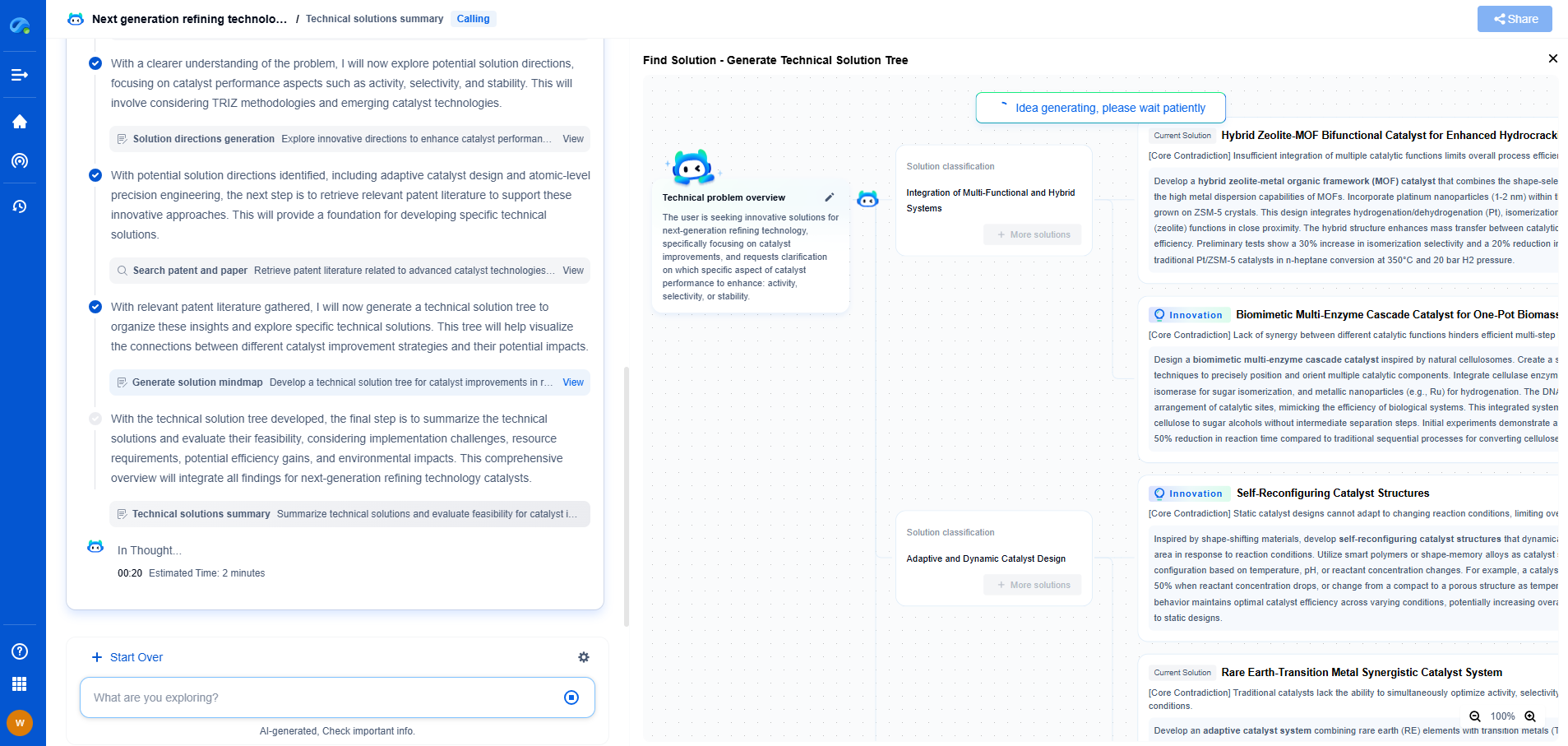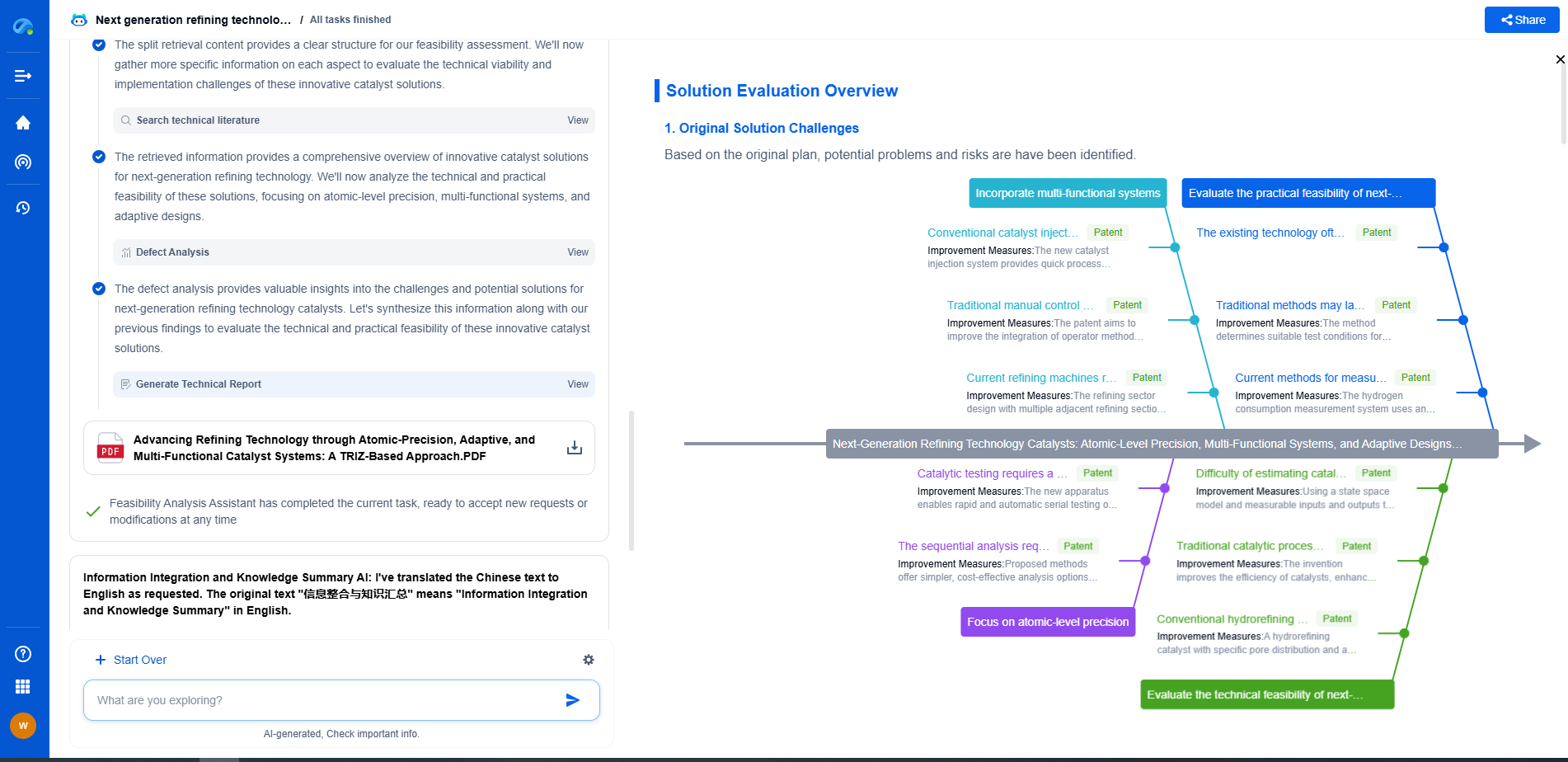HPC vs cloud computing: Cost, performance, and scalability
JUL 4, 2025 |
In the rapidly evolving landscape of computing, organizations are continually seeking ways to optimize their processes and operations. High Performance Computing (HPC) and cloud computing are two paradigms that have captured the attention of businesses and researchers alike. While both offer unique benefits, they differ significantly in terms of cost, performance, and scalability. Understanding these differences is crucial for making informed decisions about which technology best suits your needs.
Cost Considerations
When it comes to cost, HPC and cloud computing present distinct financial implications. HPC typically involves a substantial initial investment in specialized hardware and infrastructure, as well as ongoing maintenance costs. This can be daunting for smaller organizations or those with limited budgets. However, once the infrastructure is in place, operational costs can be lower over time, especially for organizations with consistent, heavy computational needs.
On the other hand, cloud computing operates on a pay-as-you-go model, allowing organizations to avoid significant upfront costs. This model is particularly attractive for businesses that experience variable demand, as they can scale resources up or down as needed. The flexibility of cloud computing can lead to cost savings, but it’s essential to monitor usage to avoid unexpected expenses. For large-scale, continuous workloads, the cost of cloud services can accumulate, potentially making it more expensive than HPC in the long run.
Performance Metrics
Performance is a critical factor in choosing between HPC and cloud computing. HPC systems are designed for maximum performance, utilizing high-speed networks, large memory capacities, and powerful processors to tackle complex computational tasks. This makes HPC ideal for applications requiring significant processing power, such as scientific simulations, financial modeling, and large-scale data analysis.
Cloud computing, while versatile and convenient, may not always match the performance levels of dedicated HPC systems, particularly for highly specialized or resource-intensive tasks. While cloud providers offer high-performance options like GPU instances, the shared nature of cloud resources can lead to variability in performance. However, for many general-purpose computing tasks, the flexibility and accessibility of cloud infrastructure provide adequate performance.
Scalability Potential
Scalability is another area where HPC and cloud computing diverge. HPC systems are typically limited by the physical constraints of their infrastructure. Scaling an HPC environment often involves significant investment in additional hardware, which can be time-consuming and expensive. This can be a drawback for organizations experiencing rapid growth or fluctuating demand.
Conversely, cloud computing offers unparalleled scalability. Organizations can quickly and easily scale their computing resources to match demand without the need for physical hardware upgrades. This elasticity is one of the cloud’s most attractive features, enabling businesses to adapt swiftly to changing requirements and market conditions. This makes cloud computing especially appealing for startups, growing enterprises, and projects with unpredictable workloads.
Use Case Scenarios
Choosing between HPC and cloud computing depends largely on the specific use case and organizational needs. For example, research institutions and enterprises with consistent, high-performance computing needs may favor HPC for its dedicated resources and superior performance. Industries such as aerospace, automotive, and pharmaceuticals often rely on HPC for simulations and modeling.
Conversely, businesses that require flexibility, rapid deployment, and scalability often prefer cloud computing. Startups, web-based companies, and organizations with diverse computing needs benefit from the cloud's ability to provide resources on demand. Additionally, cloud computing is advantageous for businesses with limited IT staff, as it reduces the burden of managing and maintaining physical infrastructure.
Conclusion
Both HPC and cloud computing offer valuable benefits, but their differences in cost, performance, and scalability can significantly impact an organization's decision. HPC is ideal for those needing maximum performance and having the capital to invest in infrastructure, while cloud computing offers flexibility, scalability, and reduced upfront costs. Ultimately, the choice between HPC and cloud computing depends on the specific requirements, budget, and long-term goals of the organization. Understanding these factors will help in making an informed decision that aligns with both current and future needs.
Accelerate Breakthroughs in Computing Systems with Patsnap Eureka
From evolving chip architectures to next-gen memory hierarchies, today’s computing innovation demands faster decisions, deeper insights, and agile R&D workflows. Whether you’re designing low-power edge devices, optimizing I/O throughput, or evaluating new compute models like quantum or neuromorphic systems, staying ahead of the curve requires more than technical know-how—it requires intelligent tools.
Patsnap Eureka, our intelligent AI assistant built for R&D professionals in high-tech sectors, empowers you with real-time expert-level analysis, technology roadmap exploration, and strategic mapping of core patents—all within a seamless, user-friendly interface.
Whether you’re innovating around secure boot flows, edge AI deployment, or heterogeneous compute frameworks, Eureka helps your team ideate faster, validate smarter, and protect innovation sooner.
🚀 Explore how Eureka can boost your computing systems R&D. Request a personalized demo today and see how AI is redefining how innovation happens in advanced computing.
- R&D
- Intellectual Property
- Life Sciences
- Materials
- Tech Scout
- Unparalleled Data Quality
- Higher Quality Content
- 60% Fewer Hallucinations
Browse by: Latest US Patents, China's latest patents, Technical Efficacy Thesaurus, Application Domain, Technology Topic, Popular Technical Reports.
© 2025 PatSnap. All rights reserved.Legal|Privacy policy|Modern Slavery Act Transparency Statement|Sitemap|About US| Contact US: help@patsnap.com

